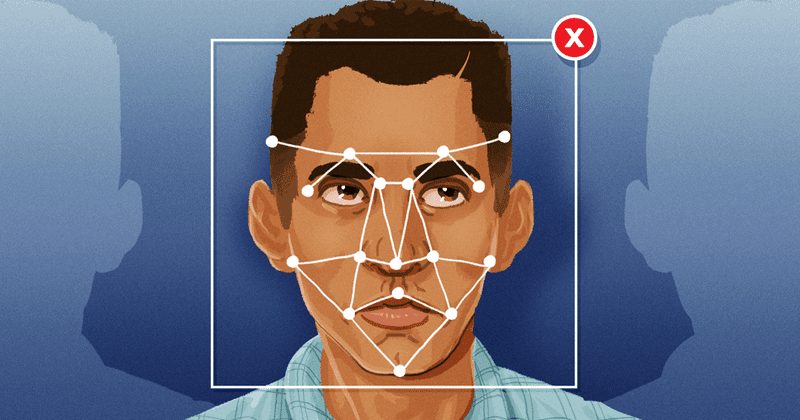Face recognition has worked for some time on the social network: it’s the feature that marks you or your contacts in the photos. However, in December 2017, the social network giant Facebook began to expand the mechanism to identify people who appear in images but were not marked. The idea is to let the person know that it appears in a photo published by third parties on the social network. For example, suppose you went to a party and the organization of the event has posted the photos after the event. If you are in any of the images, the recognition system may send you a notification to let you know. With this, you can mark yourself in the photo or contact the person responsible to remove it if you do not want the image to be disclosed. As the message itself indicates, the feature may also alert you if someone creates an account using a photo of you. For the social network giant Facebook, the mechanism will help the user to preserve their privacy and prevent unauthorized use of their image. But there are authorities and subject matter experts who do not think so. For them, facial recognition can be used for bullying, for example, with photos being posted on fake profiles to provoke the victim with the notifications. It is precisely because of privacy laws that the new facial recognition mechanism has not been implemented in Canada and the European Union. In the United States, the rules on the subject are a little softer, but a court recently ruled that the social network giant Facebook must abide by Illinois privacy law, which requires the user to be warned before their biometric information is used. It may be that, to avoid a flurry of processes involving little clarity about biometric identification – which includes the laws of Illinois and several other locations – Facebook has decided to massively warn users about the mechanism through the news feed, though a representative of the company denied this intention: according to him, the notification began to be displayed in December, only for smaller groups. Either way, you can turn off facial recognition photo tagging in Facebook’s privacy settings. So, what do you think about this? Simply share all your views and thoughts in the comment section below.
Δ


